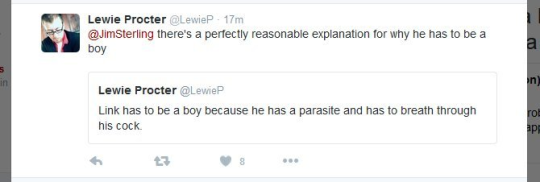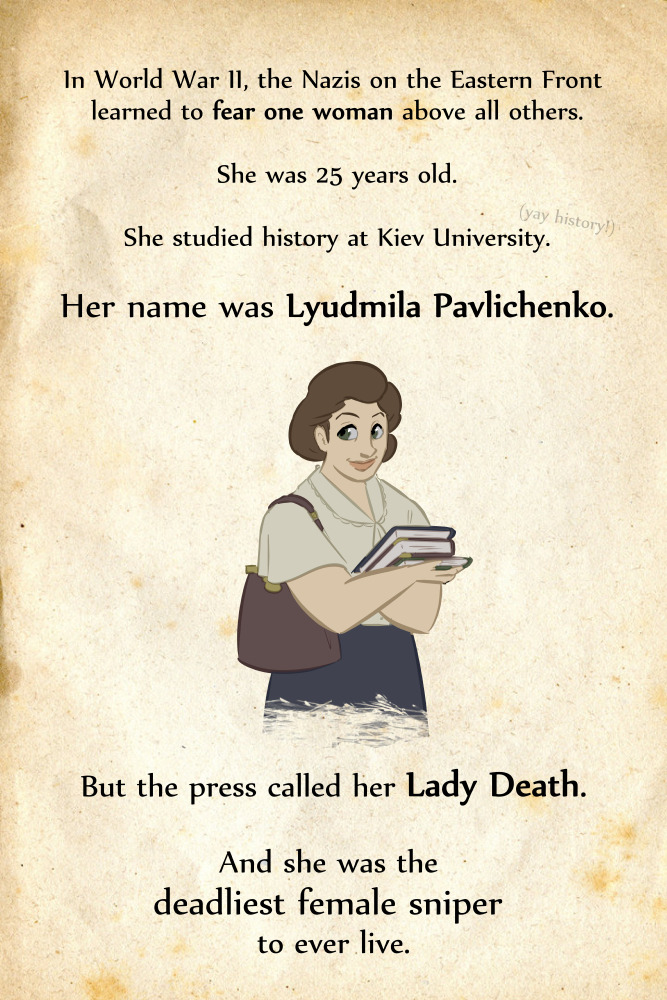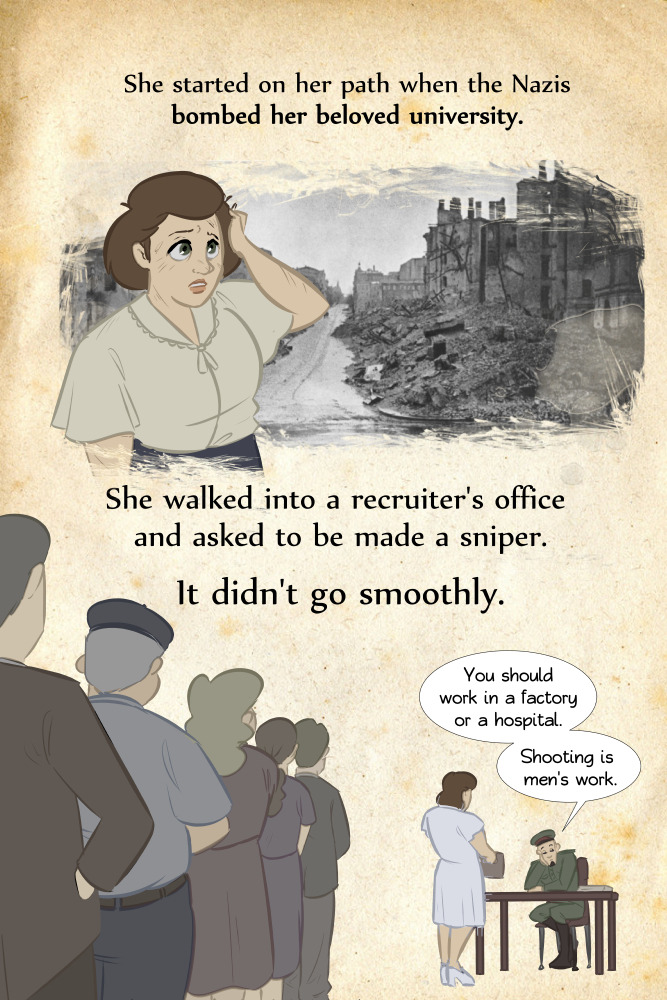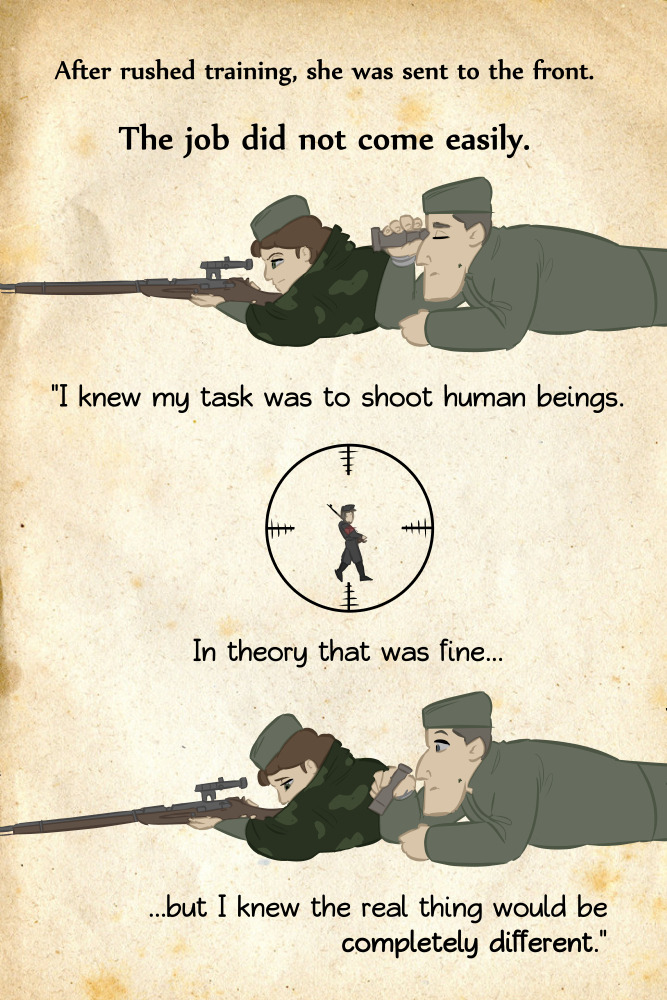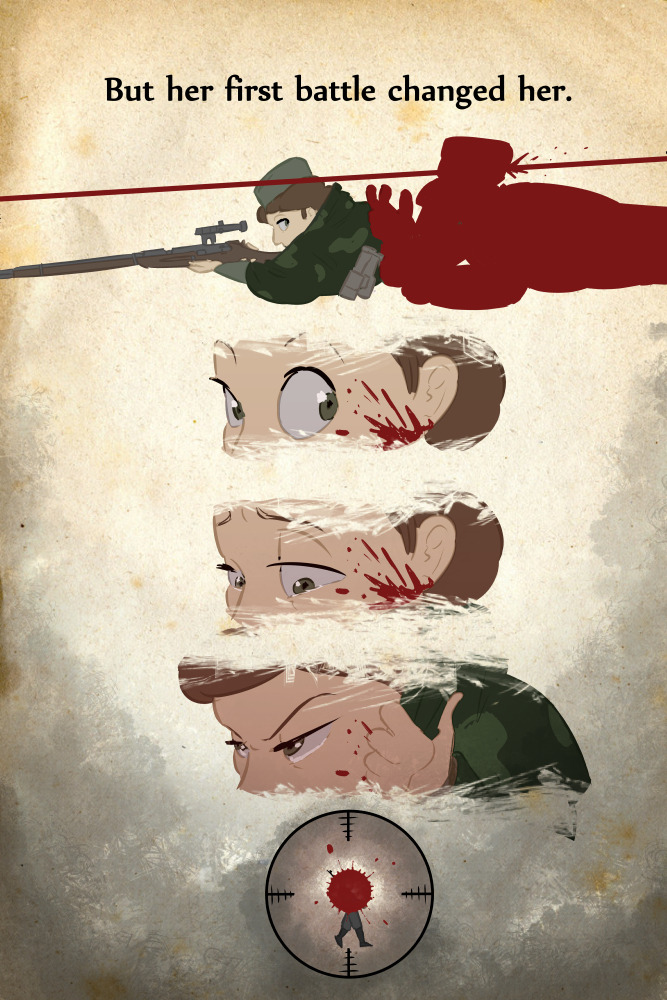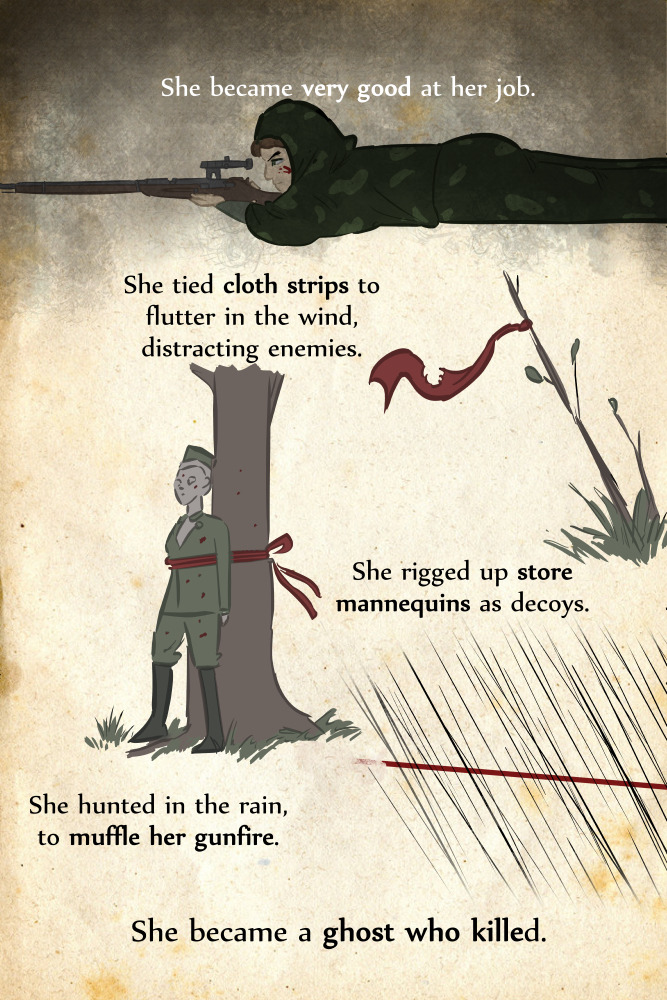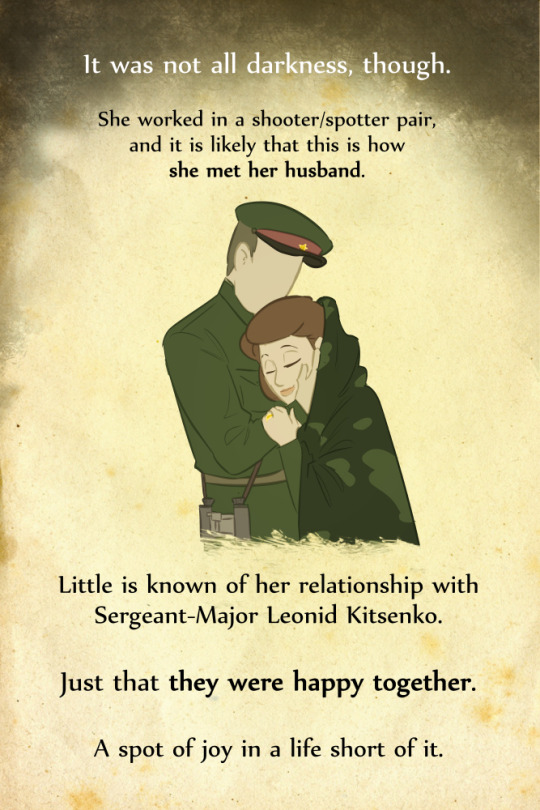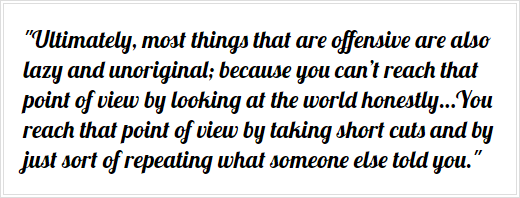lidoxia:
Hi! First of all thank you for your hard work, this blog opened my eyes about the game industry and made me realize how sexist it is. I’m sending you this cause I have some mixed feeling about one one of my favorite characters: Bayonetta. I know she’s sexualized to the extreme and thats sad, cause she’s awesome, and I still like her. My question its if you think its okay to like a sexualized character like her and still be against the bikini armor, or maybe that’s hypocrite? Thanks for reading.
bikiniarmorbattledamage:
It’s perfectly okay, normal and healthy to enjoy things that are problematic. There is a DIRE shortage of media that isn’t problematic and nobody should be expected to just sit in a corner and wait until something perfect comes along. Furthermore, media creators can’t be expected to create better media unless they release things to be critiqued so they can do better next time.
The problems come when people deny media they like has problems and want to hold it above critique or when they decide that if anything detracts from the media then it’s not worth worrying about. Not only does it lead to a lack of progress – it leads to people normalizing and internalizing the problems.
As an example: Bayonetta core concept is pretty awesome and open to all kinds of interpretations – super witch with unlimited access to magic and fashion who battles all kinds of powerful and weird stuff. The gameplay exists essentially independent of the concept and is really enjoyable for many people.
It’s just unfortunate that literally everything in the production sets cranking the male gaze up to 11/10 as the top priority. Whether the problems offset the fun aspects is a matter entirely up to the individual experiencing it at the time- what aspects could have been improved is a matter between critics and creators.
– wincenworks
How to be a Fan of Problematic Things
Bringing this back since the new @femfreq video has got the Internet in a giant flame war over whether Bayonetta is an textbook example of sexism in media or a flawless depiction of female empowerment.
It’s absolutely fine to like problematic things, because no matter what you fave, your fave is going to be problematic. There will be issues of representation and ways things could have been done better.
– wincenworks
(edit: It appears Social Justice League’s site is having some issues, an archived version of the How to be a Fan of Problematic things is available here.)
